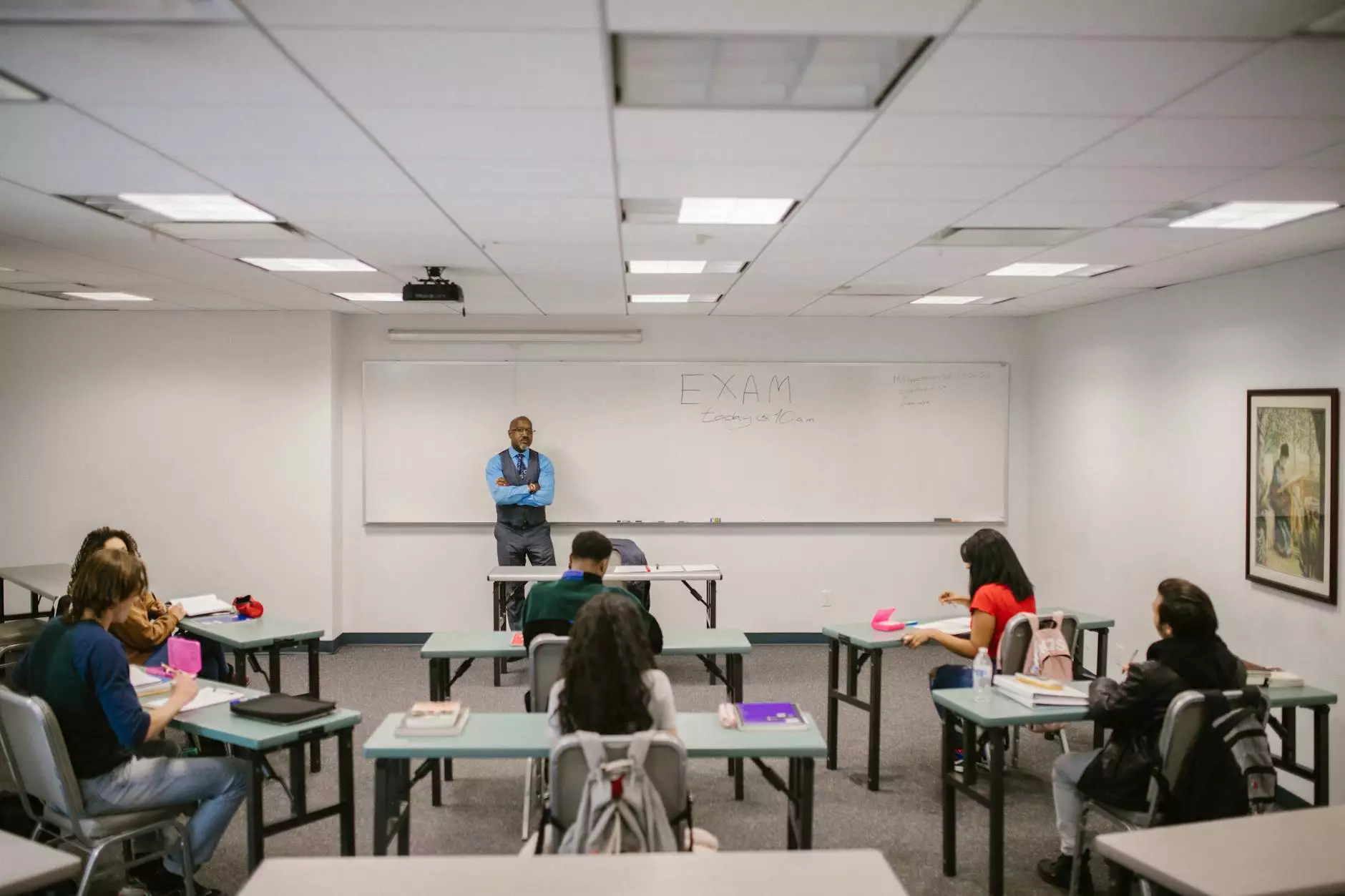Learn English Vocabulary – Appointments, Reservations and Plans
English Vocabulary Lessons
Introduction
Welcome to NJCLT, your go-to resource for learning English vocabulary. In this comprehensive lesson, we will delve into the intricacies of appointments, reservations, and plans. By the end of this lesson, you'll have a solid grasp of these essential topics and be able to confidently navigate various English-speaking contexts.
Appointments
Appointments play a crucial role in both professional and personal settings. Whether you're scheduling a meeting, a doctor's visit, or a job interview, understanding the vocabulary associated with appointments is essential. In this section, we will cover key phrases, etiquette, and useful tips to ensure successful appointment setting and communication.
Key Phrases
When making or confirming appointments, it's important to use the right phrases to convey your message effectively. Here are some common phrases that you should be familiar with:
- "I'd like to schedule an appointment." - Use this phrase when initiating an appointment request.
- "What times are available?" - Ask this question to inquire about available time slots.
- "Is there any flexibility in the schedule?" - Use this phrase when requesting a time change.
- "I need to reschedule my appointment." - Use this phrase when you need to change the date or time of your appointment.
Etiquette and Tips
When it comes to appointments, following proper etiquette can help ensure a smooth and efficient experience. Here are some etiquette tips to keep in mind:
- Be punctual: Arriving on time shows respect for the other person's schedule.
- Give notice for cancellations: If you need to cancel an appointment, try to provide ample notice to allow for rescheduling.
- Confirm the appointment: Always confirm the details of your appointment to avoid any misunderstandings.
Reservations
Reservations are often made for hotel accommodations, restaurant tables, or transportation services. Understanding the vocabulary related to reservations will help you make bookings with ease and communicate effectively with service providers.
Common Vocabulary
When making reservations, you'll encounter various terms and phrases. Familiarize yourself with the following vocabulary for a seamless reservation experience:
- "I'd like to make a reservation." - Use this phrase when initiating a reservation request.
- "Do you have any availability on [date]?" - Ask this question to inquire about available dates.
- "How many people will be in the party?" - Provide the number of people accompanying you for accurate reservation arrangements.
- "I have a dietary restriction." - Inform the service provider if you have any specific dietary preferences or restrictions.
Tips for Smooth Reservations
To ensure a smooth reservation experience, consider the following tips:
- Book in advance: For popular venues or high-demand services, it's advisable to make reservations well ahead of time.
- Double-check details: Always verify the reservation details to avoid any hiccups or misunderstandings.
- Confirmations: If possible, ask for a confirmation email or reference number to have a record of your reservation.
Plans
Planning activities or events requires effective communication and vocabulary to convey your intentions clearly. In this section, we will explore vocabulary related to making plans and organizing social activities.
Key Vocabulary
When discussing plans, utilizing the appropriate vocabulary will help you articulate your ideas and intentions. Here are some key phrases to enhance your planning skills:
- "Would you like to go out this weekend?" - Use this phrase to initiate a plan with someone.
- "Let's meet at [location]." - Propose a specific meeting place for your planned activity.
- "What time works best for you?" - Ask for the other person's preferred time to ensure a mutually convenient arrangement.
- "I'll take care of the logistics." - Offer to handle the practical details and organization of the planned activity.
Effective Planning Tips
To make your plans successful and enjoyable, consider these effective planning tips:
- Communicate clearly: Clearly express your ideas and expectations to avoid any confusion.
- Consider preferences: Take into account the interests and preferences of all participants during the planning process.
- Be flexible: Be open to suggestions and changes to accommodate everyone's needs and schedules.
Conclusion
By immersing yourself in this comprehensive lesson on appointments, reservations, and plans, you've taken a significant step towards enhancing your English vocabulary and communication skills. Remember to practice and apply these newfound skills in various real-life situations to reinforce your learning. With NJCLT as your language learning companion, there's no limit to how much you can achieve!




